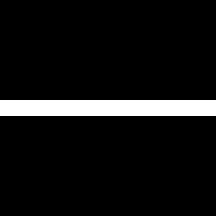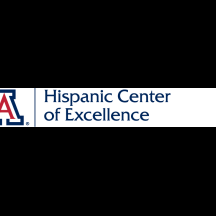The University of Arizona College of Medicine – Tucson is launching a medical Spanish training program for residents and fellows to better serve the needs of the city’s Spanish-speaking population.
“A large portion of our population is predominately Spanish-speaking,” says Victoria Murrain, DO, interim deputy dean for diversity and inclusion and associate professor in Family and Community Medicine, who is spearheading the new program. “We need to improve patient care and experience by better preparing our physicians to be more culturally and linguistically com petent.”
petent.”
Twenty-seven percent of Tucsonans are native Spanish speakers, according to data collected by the U.S. Census Bureau. Currently, when physicians cannot communicate with patients, an interpreter translates on-site or via video or telephone.
Although helpful, this isn’t always enough; much can be lost in the translation, says Dr. Murrain.
“When physicians can’t communicate with their patients, it creates an impersonal and untrusting dialogue,” she says. “Studies have shown that health outcomes are better when a patient and doctor communicate in the same language. Not only does it build rapport and trust, but patients are more compliant with the management of their medical problems.”
The two-year Spanish language track will be offered to residents attending the Banner – University Medical Center Tucson campus.
The program is limited to residents who already are intermediate-to-proficient Spanish speakers. Participants will partake in facilitated monthly medical Spanish classes. They then will have the opportunity to practice speaking Spanish one-on-one with colleagues and medical students at monthly luncheons. Canopy, a self-paced online medical Spanish course, also will be available to participants. Current faculty and students also can access the course, if interested.
The program also will include a focus on health care disparities — inequalities that occur in health care — particularly those affecting the Tucson patient population. Participants will select a topic of interest and host a dinner forum that features an expert speaker for students, residents, fellows, faculty and staff.
During the two-year track, qualified participants will have the opportunity to become certified bilingual providers by taking the national Clinician Cultural and Linguistic Assessment (CCLA) exam. Certification allows physicians to communicate directly with target-language patients without the use of an interpreter.
“I am pleased that our college is striving to educate residents on cultural and linguistic competency,” says Leigh Neumayer, MD, executive dean of the college. “We strive to give our trainees all the skills they will need to provide the highest level of care to all of their patients.”
The Spanish Language/Health Care Disparities Distinction Track has been offered at the UA College of Medicine – Tucson South Campus for the past two years. Due to its success at South Campus, Dr. Murrain is expanding the opportunity to the Tucson Campus.
In its first year at BUMC, the program will accept 12 to 15 residents and fellows. Dr. Murrain hopes the track will expand to 20 to 25 residents in its second year. The track officially launches in July.
About the UA College of Medicine – Tucson
The University of Arizona College of Medicine – Tucson is shaping the future of medicine through state-of-the-art medical education programs, groundbreaking research and advancements in patient care in Arizona and beyond. Founded in 1967, the college boasts more than 50 years of innovation, ranking among the top medical schools in the nation for research and primary care. Through the university’s partnership with Banner Health, one of the largest nonprofit health care systems in the country, the college is leading the way in academic medicine. For more information, visit medicine.arizona.edu.
Follow us: Facebook | Twitter | Instagram | LinkedIn



